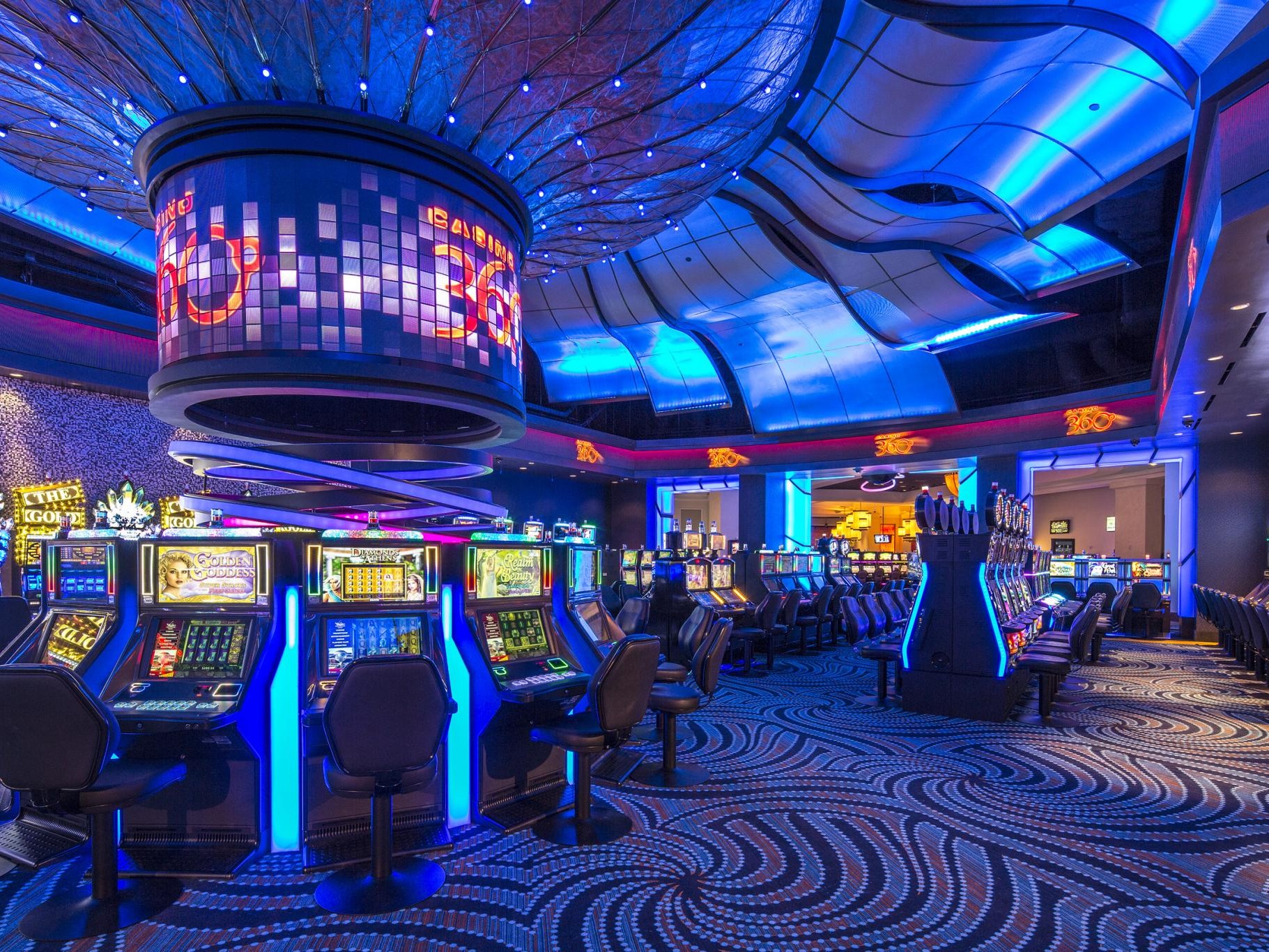Casino slot games have captivated gamblers for many years, pulling them into a world of blinking lights, enticing sounds, and the thrill of luck. These machines, commonly found in colorful gaming venues, combine aspects of chance and tactics, making them an attractive option for beginners and experienced gamblers alike. But what is it that makes these games so appealing? The answer lies in the intricate psychology at play as individuals engage with these vivid reels.
Regardless of whether it’s the wave of anticipation while waiting for the outcome of a spin or the euphoric feeling of a large win, the emotional response elicited by casino slots is significant. The crafting of these machines is meticulously designed to stimulate the brain’s reward system, creating an event that can be both thrilling and compulsive. Understanding the psychological factors at play in engaging with casino slots machines can provide insight into the reasons so many individuals are drawn to them and how they affect actions and decision-making in the gaming setting.
Comprehending the Allure of Slot Machines
Slot machines have a unique capability to enthrall players with their lively graphics and tempting sounds. The shiny lights and engaging themes create an inviting atmosphere that draws people in. Each turn of the reels promises the possibility of a huge win, igniting a sense of eagerness and hope that keeps players returning for more. This multisensory experience plays a crucial role in the appeal to casino slots games, as it engages not only the intellect but also the emotions.
A notable factor contributing to the allure of slot machines is the notion of prompt gratification. Unlike other casino games that require skill or strategy, slots offer immediate results with each spin. The quick pace of the game allows for rapid engagement, allowing players to experience the rush of winning or the disappointment of losing in a matter of seconds. This rapid feedback loop can lead to a extremely compulsive experience, as players seek the next likely payout while being entranced by the game’s perpetual opportunity for excitement.
Furthermore, the psychology of jackpot possibility cannot be ignored. The allure of hitting a life-changing payout keeps players revisiting, often surpassing the odds against winning. Many players find themselves hoping about the possibility of striking it rich, fueled by stories of winners who have won large. This sense of hope, along with the rush of the game, creates an unavoidable lure that characterizes the world of casino slots and makes them a popular among gamblers.
The Role of Reinforcement in Gambling

Reinforcement plays a vital role in the psychology of playing casino slots games. When players engage with these machines, they face various forms of reinforcement that can shape their behavior. Positive reinforcement is particularly effective; obtaining a win, or even the possibility of winning, can create a high that keeps players returning for more. The immediate feedback from the reels spinning, coupled with sounds and graphics, further enhances this rewarding experience, reinforcing the desire to continue playing.
The unpredictability of success in casino slots games also ties into the concept of variable reinforcement. This psychological phenomenon happens when payouts are given out at random intervals, making the anticipation of a potential win more exhilarating. https://789p.exposed/ Players may go for long periods without significant wins but are drawn back by memories of past jackpots or the chance of future ones. This variability heightens excitement and keeps players hoping for that upcoming win, entrenching them deeper into the gambling cycle.
Ultimately, the communal element of playing casino slots games can amplify reinforcement. Numerous participants enjoy the shared environment of a casino, where they might witness others winning, celebrate wins, or even sympathize over losses. This social reinforcement can create a collective experience that encourages ongoing engagement. Players might feel motivated to continue not only for personal gain but also to experience the camaraderie that comes with playing, reinforcing their connection to the game.
The Impact of Game Design on Gamer Actions
Design of casino slots games plays a vital role in influencing how players act and improving the overall gameplay experience. Features such as graphics, audio, and storylines are deliberately crafted to engage players and maintain them engaged. Bright colors and inviting animations create a visually stimulating atmosphere that can lead to extended play times. Additionally, themes ranging from ancient civilizations to popular culture appeal to different interests, making the games attractive to a wide audience. This focused design encourages players to invest more time and money into the gameplay.
Additionally important aspect of game design is the use of rewards systems and elements like extra rounds or complimentary turns. These mechanics are crafted to produce a sense of thrill and anticipation, which can trigger the release of pleasure hormones in the brain. This chemical reaction reinforces the action of playing by associating the game with enjoyable feelings. By providing attractive rewards, casinos encourage players to continue playing, which often leads to higher betting and extended gameplay. The mental thrill of potentially hitting a big win or triggering a bonus keeps players returning for more.
Lastly, the social elements integrated into casino slots can also affect how players behave. Many contemporary slots feature capabilities that allow players to interact with others through rankings or collective goals. This social aspect can enhance the overall experience, as players may feel a sense of belonging or competition that encourages them to participate more deeply. The mix of personal thrill and social interaction creates a dynamic environment that not only amuses but also promotes habitual play, showing how deliberate game design can greatly impact player behavior.
